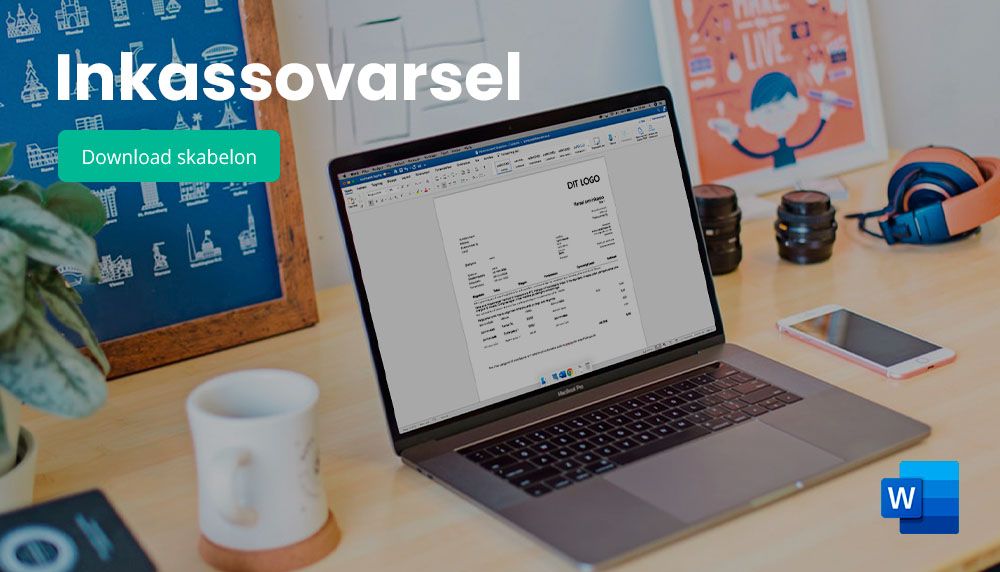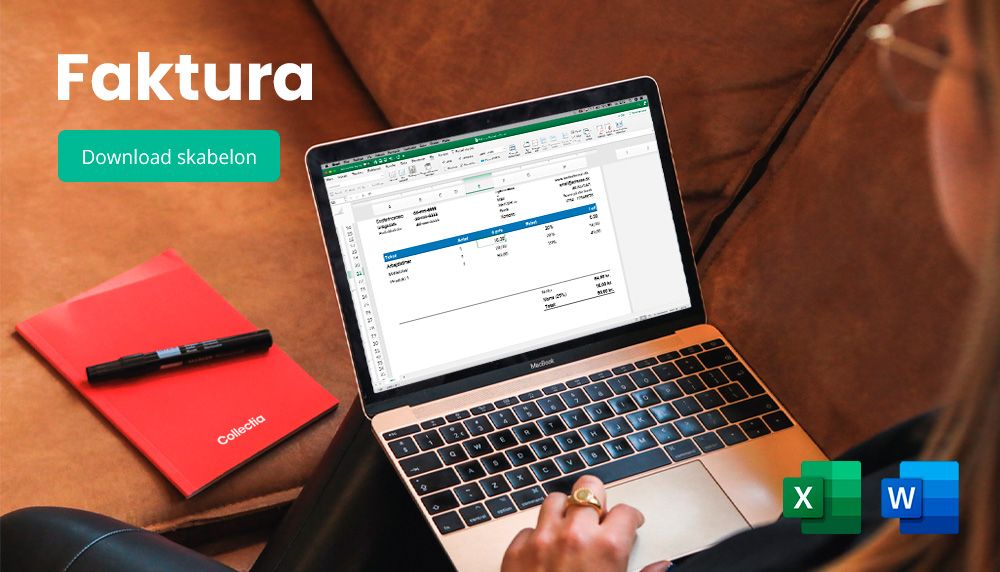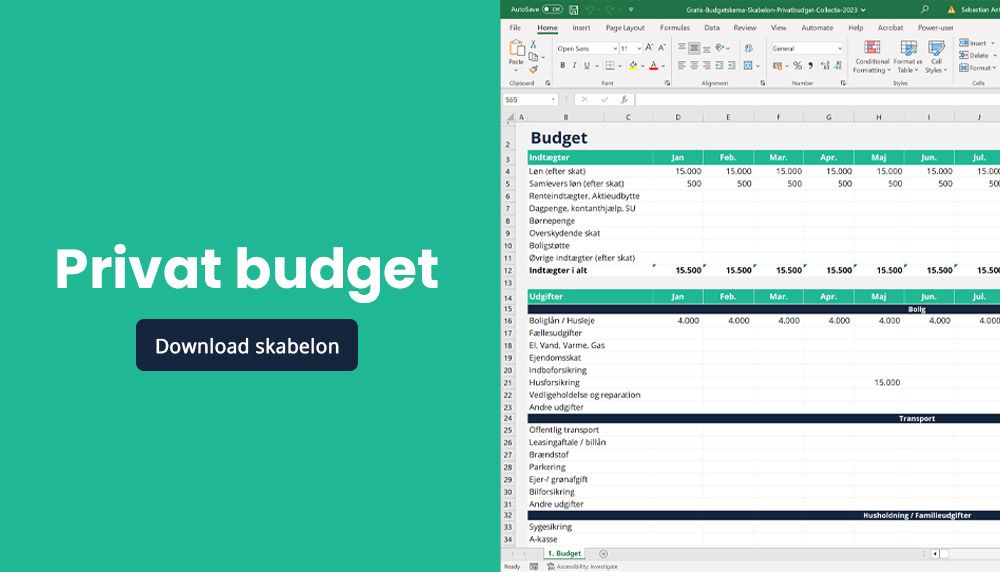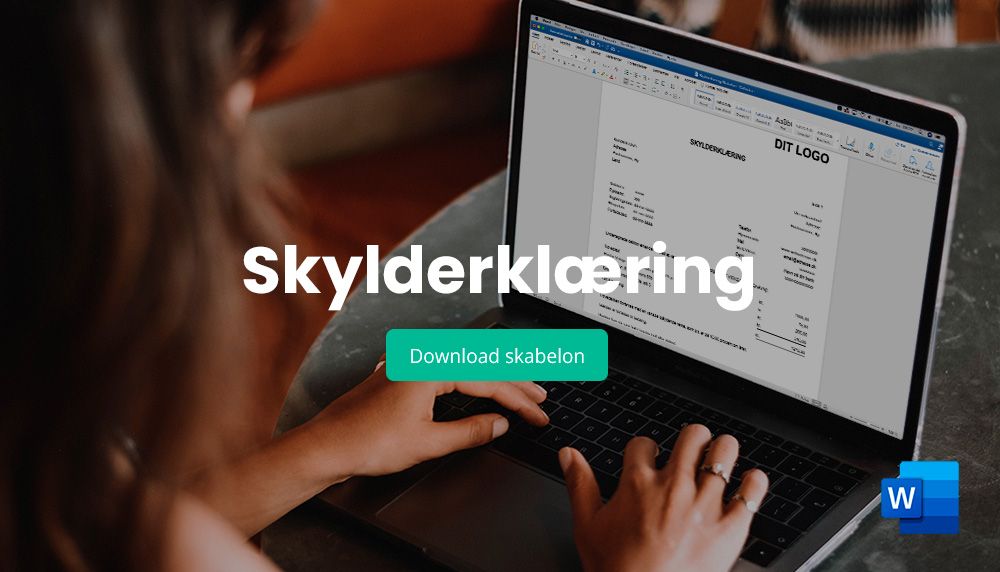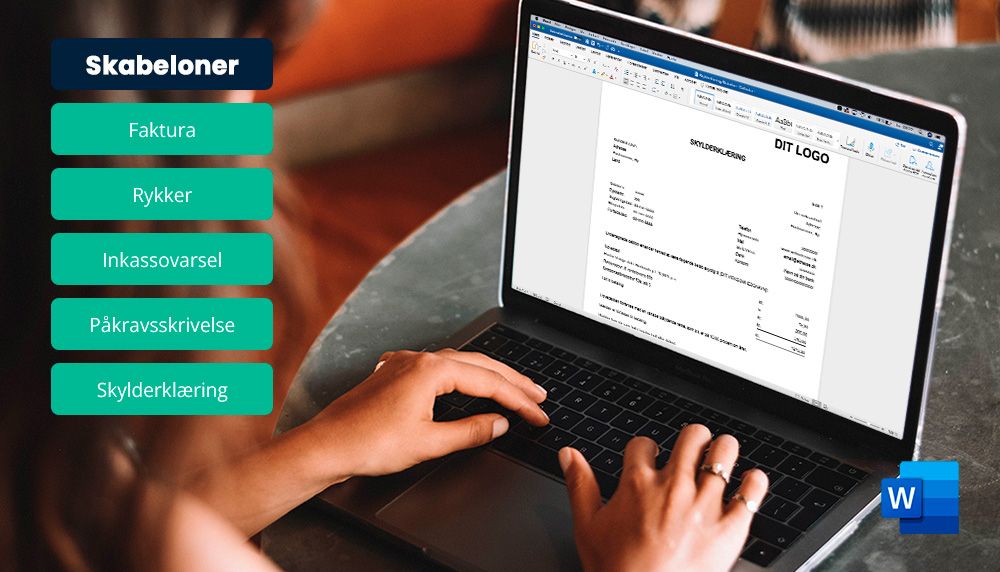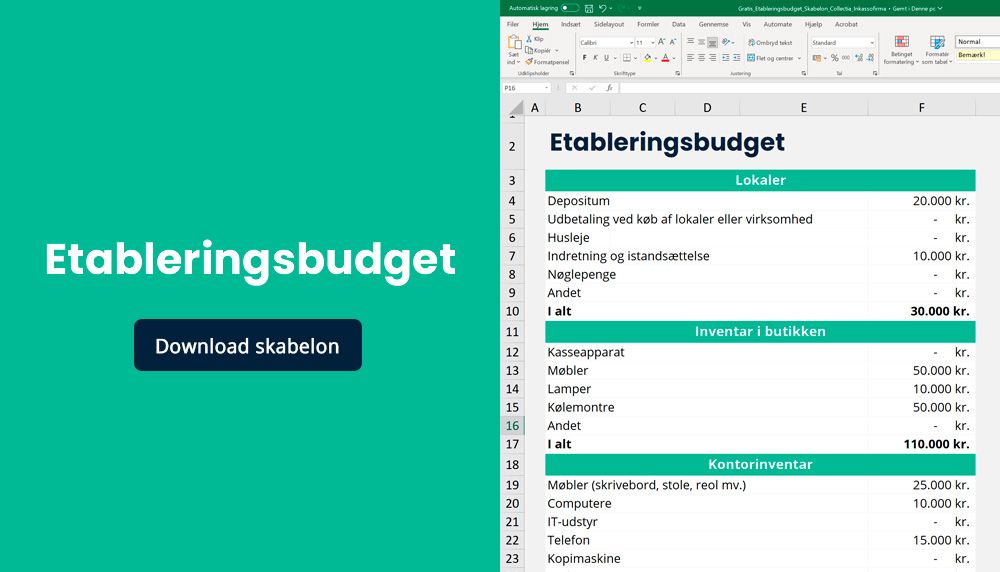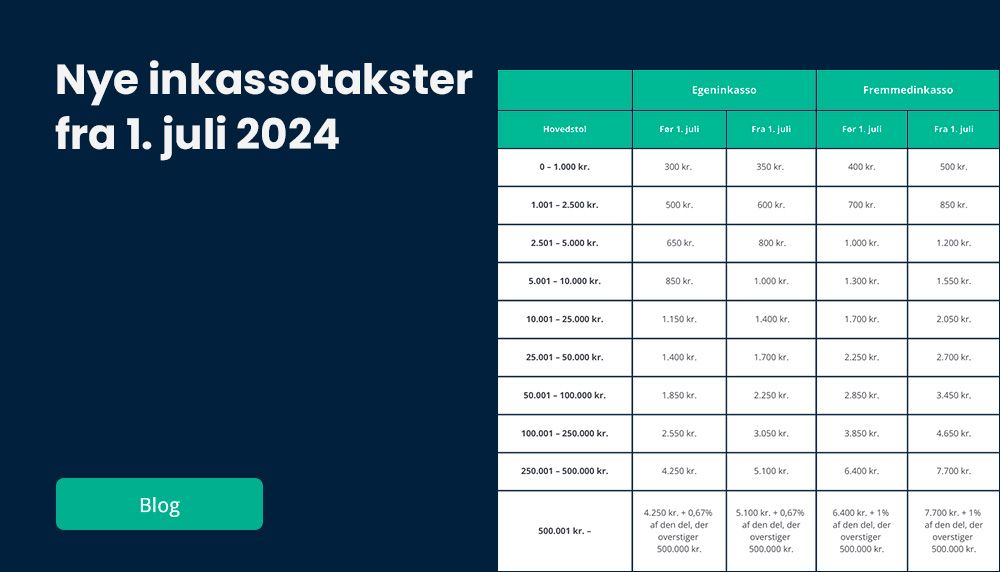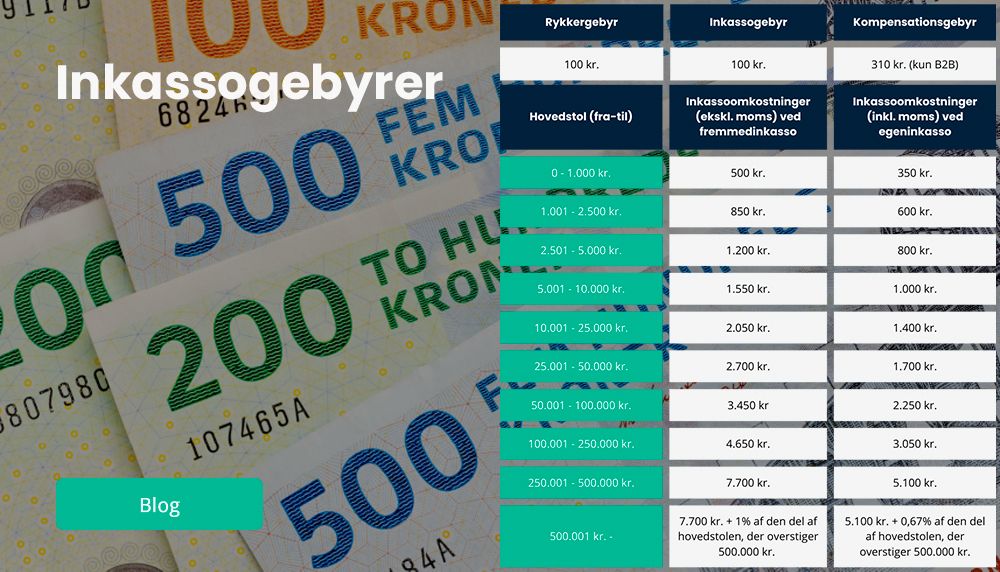
What is debt collection?
Debt recovery is the concept of collecting debts owed to both private individuals and businesses. It refers to the actions and processes that a company or individual can take against a debtor when collecting a debt.
Debt collection is initiated when one or more installments of a debt are defaulted on.
Debt collection as a concept
Legally, "debt recovery" refers to the collection of debts, regardless of whether the debtor or creditor is a private individual, company or public authority.
In everyday speech, however, the term is less commonly used by private individuals and private companies, but more often when it comes to debts between a private individual or company and public authorities.
Therefore, much of the literature and legislation on debt collection focuses on debts between the public and private sector. An example of this is the Debt Collection Act, which deals with "Collection of debts to the publicsector". This law regulates many aspects of debt collection, including the addition of interest, fees and other costs.
Many banks, mortgage companies and loan companies also use the term.
Who does debt collection?
Debt recovery has many similarities with debt collection. Basically, those who can perform debt collection and debt recovery are the creditor themselves, the creditor's debt collection agency or the creditor's bank. In practice, it is often a combination where the creditor handles parts of the process themselves, which may be taken over by an external debt collection agency or debt collection lawyer.
However, if the debt is owed to the public sector, such as SKAT, the Danish Debt Collection Agency is responsible for collection.
What actions are taken during debt collection?
Modern debt collection offers a range of effective methods for those looking to recover debts, whether they are businesses, private individuals or public authorities. The creditor, or their debt collection company/lawyer, typically has the option to impose additional costs, engage in dialog, set up installment plans and take the case to court if necessary.
Furthermore, modern debt collection uses technologies that debtors are familiar with, often making it easier to pay, manage and keep track of debts, for example through online access to debt information.

